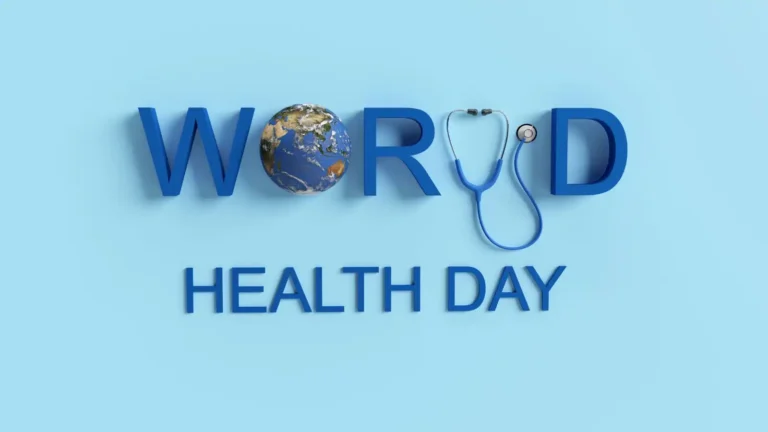Under the World Health Organization’s (WHO) 2025 theme, “Healthy Beginnings, Hopeful Futures,” QNET, a global direct-selling company specializing in wellness and lifestyle products, reaffirms its commitment to bolstering maternal and neonatal health in emerging markets.
By providing a range of scientifically formulated wellness and nutritional products, QNET aims to offer accessible solutions to critical health challenges.
The company’s product portfolio, encompassing nutritional supplements and advanced water filtration systems, is strategically positioned to address the alarming rates of maternal and neonatal mortality, particularly prevalent in low- and middle-income countries. Global statistics reveal a dire situation: in 2020, 287,000 women succumbed to pregnancy and childbirth-related complications, with 95% of these deaths occurring in developing regions, according to WHO. Furthermore, UNICEF reports that in 2022, 2.3 million newborns died within their first 28 days of life, representing nearly half of all under-five child mortalities worldwide.
A significant portion of these fatalities stems from preventable causes, including hemorrhages, hypertensive disorders, infections, and premature birth complications. Access to adequate nutrition and safe water is crucial in mitigating these risks, yet millions of women lack these essential resources during pregnancy and postpartum.
“A healthy society is built upon the foundation of well-nourished mothers and newborns,” states Biram Fall, Regional General Manager for QNET Sub-Saharan Africa. “QNET’s focus on scientifically validated wellness products aims to support women during this critical life stage.”
Among QNET’s key offerings is EDG3 Plus, a glutathione precursor blend designed to enhance cellular repair and immune function, both vital for maternal health. Glutathione deficiency, linked to pregnancy complications, underscores the potential value of supplementation. Additionally, QNET’s HomePure Nova, a seven-stage water filtration system, addresses the pervasive issue of unsafe drinking water, a known contributor to diarrheal diseases and maternal and infant morbidity, especially in regions like Nigeria.
Local stakeholders recognize the tangible benefits of these solutions. “In Nigeria, where maternal and neonatal mortality rates remain concerningly high, QNET’s science-backed products provide an accessible complement to traditional healthcare,” notes Akeem Ajisafe, Managing Director of Transblue Limited, QNET’s Nigerian partner.
Despite governmental and NGO efforts, Nigeria continues to grapple with high maternal mortality rates, with 512 deaths per 100,000 live births reported in 2020 by the World Bank. QNET’s campaign aligns with the broader objectives of World Health Day 2025, emphasizing a market-driven approach to addressing public health gaps.
By leveraging its direct selling distribution model, QNET delivers wellness products to underserved communities and advocates for preventive health measures. This initiative coincides with the growing recognition of public-private partnerships as essential in bridging the gaps in overstretched healthcare systems across Sub-Saharan Africa. As governments face increasing pressure to achieve Sustainable Development Goal 3—”Good Health and Well-Being”—QNET’s efforts illustrate the pivotal role corporations can play in promoting health equity.




